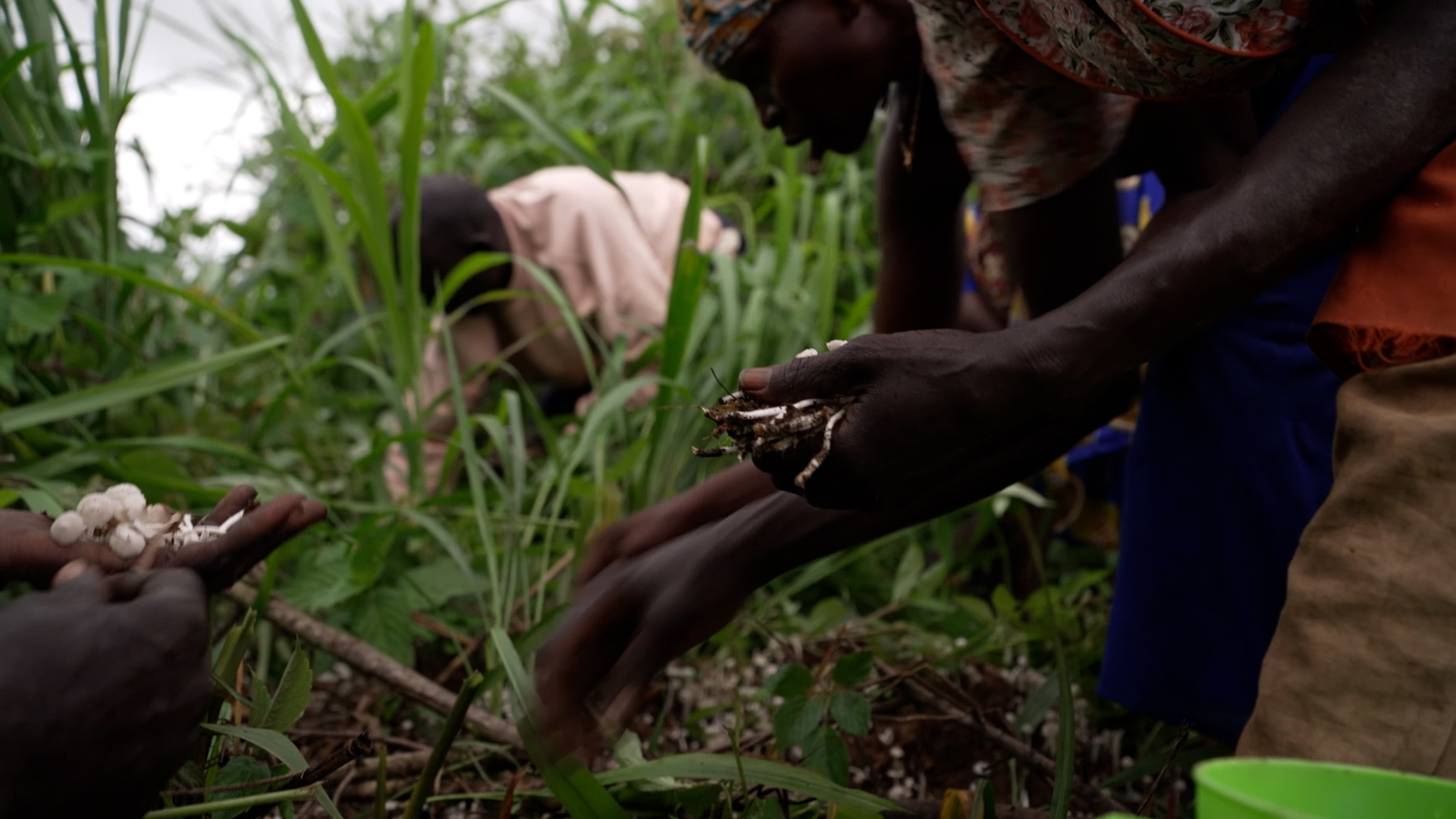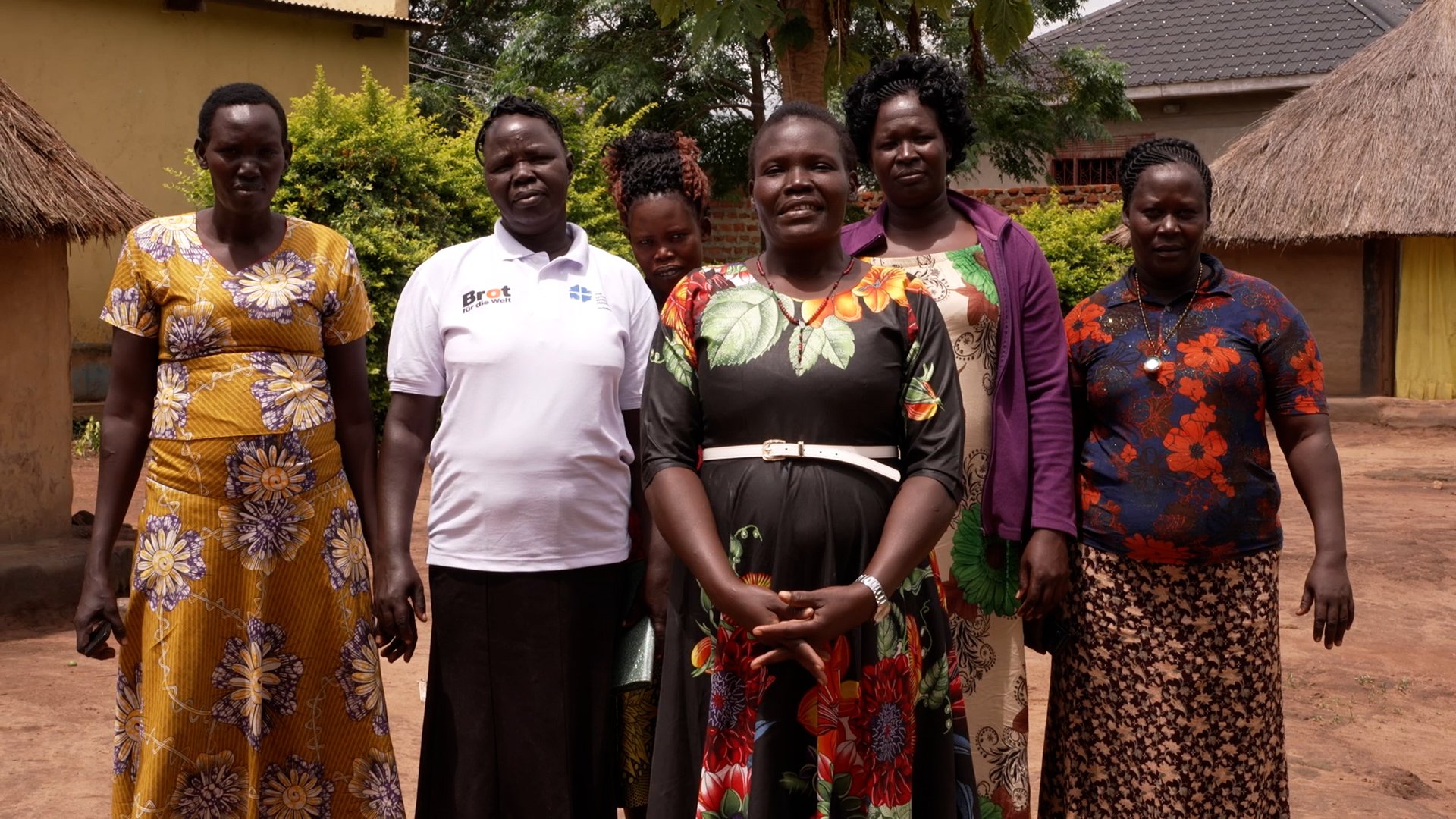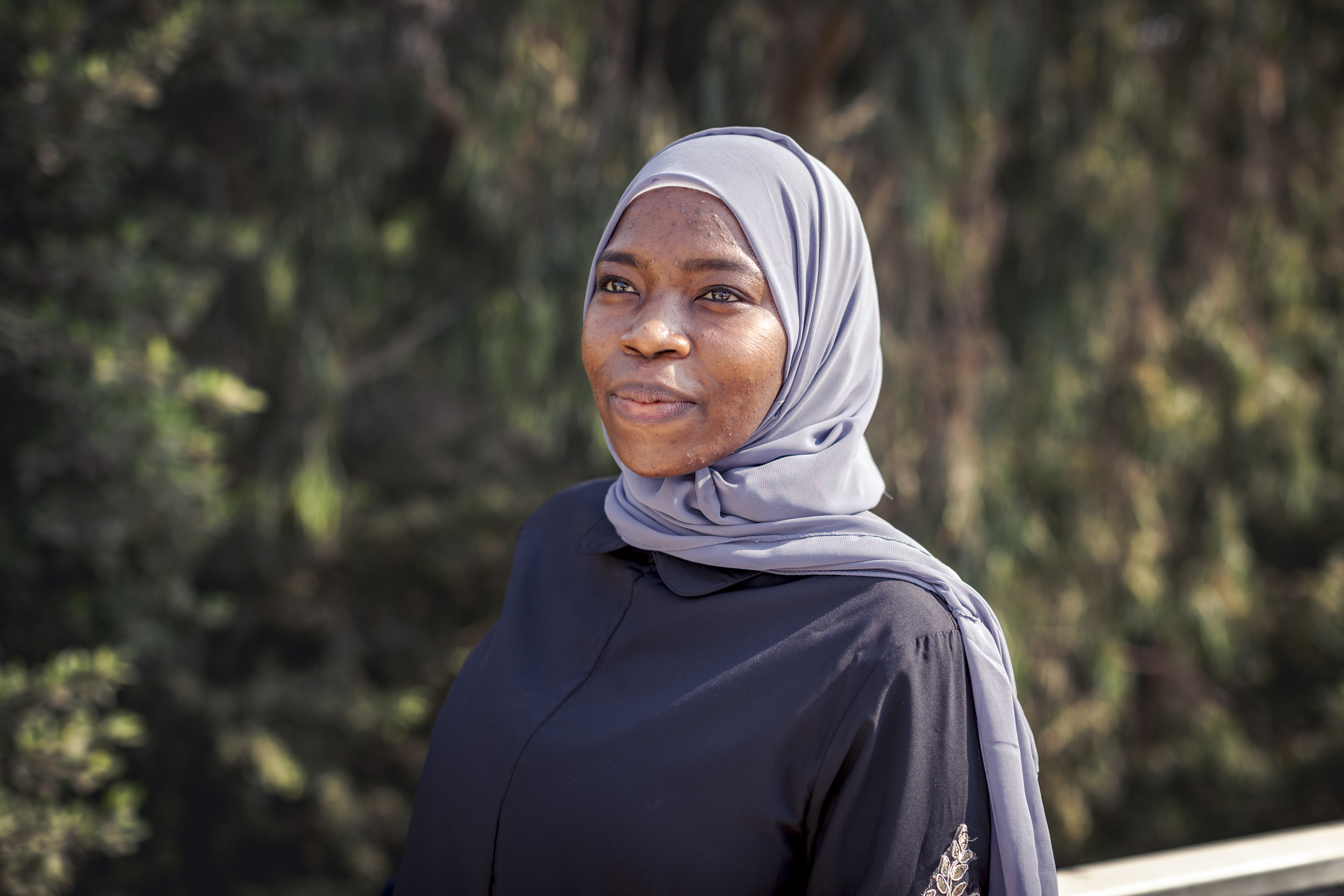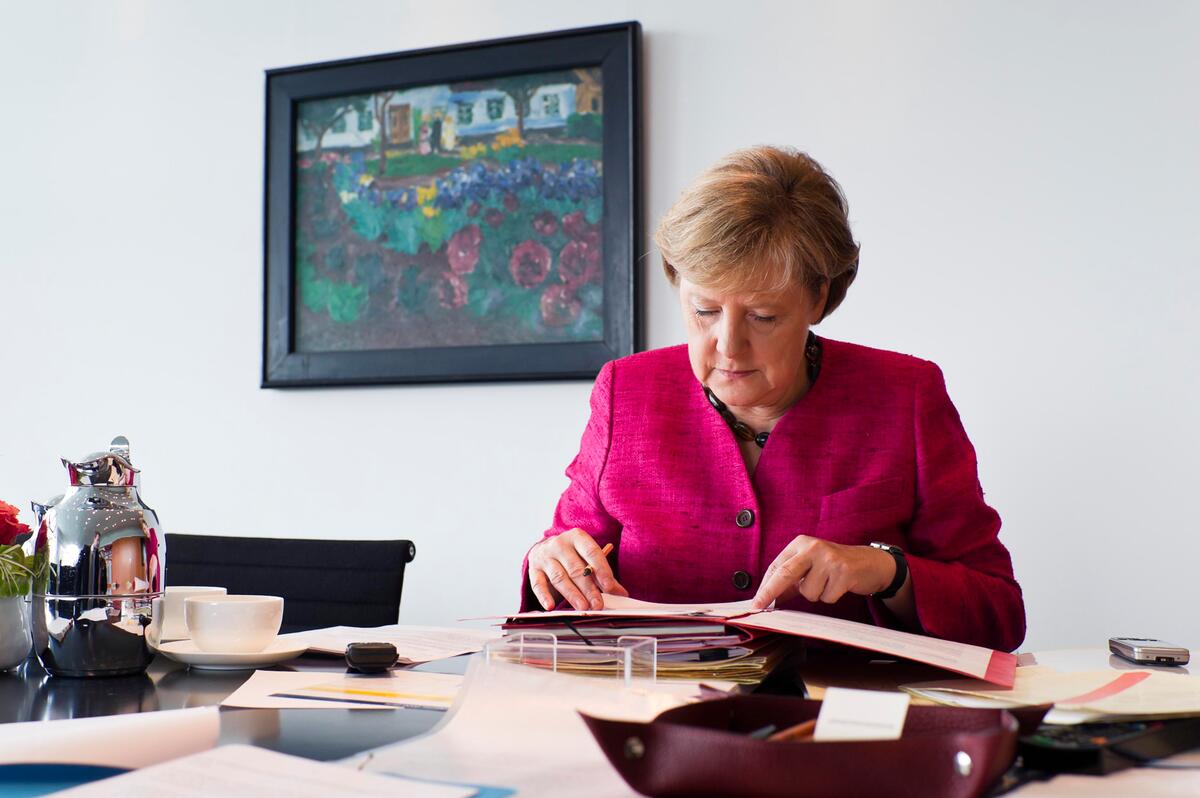Heartbreak at the border

Heartbreak at the border
A brisk stretch of the Tigris River laps at the end of a steep cement ramp that serves as an official border crossing between two war-torn countries: Syria and Iraq. With the Syrian conflict now raging into its fifth year, an average of nearly 100 refugees still cross here into Iraq's Kurdistan region each day. About half as many Syrians make the reverse journey, returning in desperation to their broken homeland.
Here at the Peshkhabour crossing, oversized suitcases, sacks of food, sleeping mattresses, kerosene heaters and children's toys are offloaded and unloaded under the watchful eye of border guards. Each day some families are pulled apart, while others, having fled their homes in all directions, are reunited with loved ones.
Many of the Syrians entering Iraq as refugees these days at Peshkhabour are from Kobane, an embattled Syrian town near the border with Turkey.
Kobane recently changed hands after months of deadly sieges, house-to-house combat and relentless aerial bombardment of the surrounding areas. Local officials say the majority of the town's buildings have been destroyed. Many of the houses still standing have been rigged with explosives by militants aiming to prevent civilians from returning home.
Despite intense warfare in Kobane last summer, some residents said they wanted to stay in their homes and wait out the fighting.
"We were forced to leave," said Nishan, a refugee from Kobane. He recently spoke to UNHCR at the border crossing on condition that he would only be identified with a pseudonym, fearing that his family back in Syria could face harassment. Together with his sister-in-law, Jamila, and her six children, Nishan had just survived a treacherous, weeks-long journey across Syria's front lines and through a network of checkpoints, some controlled by government forces and others by various armed opposition groups.
"We have no other option, just to leave our country and go somewhere else."
Nishan said his home in Kobane has been completely destroyed and the town is no longer liveable. He said ongoing violence, coupled with fear of extremists controlling nearby villages and other swathes of land in the north and east drove them out of Syria altogether.
"We have no other option, just to leave our country and go somewhere else," he explained.
Nishan's brother, Rezan (also a pseudonym), who is the father of the six children, made the same journey a little over a month ago. After finding a job in the Kurdistan region of Iraq, he pleaded with Nishan to come too, and help reunite him with wife, Jamila, and their children.
"It was hard for me to take care of all these kids during the journey," Nishan said with a smile. "They are my nieces and nephews, so of course, I had to."
As if they knew of their uncle's struggle, the children – ranging from six to 13 years old – stepped off the boat in total silence, one after another, forming an orderly line behind their mother. Once aboard a bus that would take them to a refugee camp on the edge of Iraq's Dohuk province, they anxiously fidgeted in their seats.
Their final destination, Erbil, the burgeoning metropolis of the Kurdistan region of Iraq, where their father had been waiting for them, was still hours away.
Back at the Peshkhabour crossing, Mohammed, a refugee in his 30s from Qamishli province in northern Syria, stood on the riverbank, watching a boat leave in the opposite direction, from Iraq to Syria. His sister was among the passengers. Struggling to hold back tears, he watched until the boat disappeared behind a bend in the river.
"She has exams in Aleppo," Mohammed said quietly. He has been living in Iraq for two years. While in exile, he's only seen his younger sister for a few months at a time during her semester breaks at a university. Despite continued violence in Aleppo, which is Syria largest city that has seen some of the worst fighting in the four-year-old conflict, she's determined to complete her degree in English literature.
"Every time I say goodbye to her I expect she will not be back," Mohammed said, explaining their emotional farewell. He said he rarely cries, and never in public, because it is frowned upon in the Middle East for men to shed tears. Although he misses the life he had had in Syria before the war, he said he is realistic about the future, which he and his sister believe lies in Iraq.
On the bus rolling though Iraq's Dohuk province, Jamila, Nishan's sister-in-law, said the hills remind her of home. Like Nishan, she also spoke on the condition that she only be identified with a pseudonym. Throughout the journey, she quietly tended to her younger children as Nishan handled the necessary paperwork.
Jamila expressed mixed feelings about the trip. While she was excited to see her husband for the first time in over a month, she was reluctant to live in a refugee camp.
"She's not comfortable with this idea," Nishan said.
Seemingly unaware of the long day and the trials ahead, his nieces and nephews giggled and smiled. "These kids, they don't understand anything," Nishan said. "They don't know what they're going through, they don't understand what the situation is. They only know they're going to see their father and they're happy for that."
Like many Syrian families, Nishan's has been stretched thin by conflict. His oldest brother stayed behind in Kobane to protect the family home. The middle son, Jamila's husband, sought work in Iraq to support the family in exile. Nishan, the youngest of the three brothers, plans to return to Syria's Hassakeh province to finish his university studies as soon as Jamila and the children are settled. It's been months since they were last all together, and Nishan said he expects it to be many more months before the whole family is reunited.
After more than four hours, the convoy of 19 buses carrying more than 300 Syrian refugees from the border arrived at the entrance of Gawilan camp, where they could officially register as refugees, move in or continue their journeys elsewhere.
Everyone was beginning to fade. Complaining of a headache, Nishan made several phone calls to try to reach a cousin living in the camp with his family. They had not seen one another for more than a year. Jamila and her children stepped off the bus and began picking bitter greens, toleke in Kurdish, similar to dandelion leaves. They grow wild in northern Iraq in the spring.
"We have the same in Syria," Jamila said, making plans for one of their first meals in the camp. "We cook it with oil and onion. I'll make it the same way here now that I'll have a kitchen again," she said, referring to a makeshift kitchen in a tent, where she will stay with the children temporarily until they hear from her husband in nearby Erbil.
"But, of course it would be better to make it at home in Syria," she added, with a sad smile.
If it were only up to him, Nishan would not have left Syria. "For me, it would have been better to stay in my home," in Kobane, he said. Like Mohammed, though, he saw no future for his family in Syria.
After they registered in the camp, Nishan, Jamila and her children were transported to a mosque, where they met up with their cousins. Nishan found himself energized by the flurry of embraces and kisses.
"Now, I feel like everything is going to be okay," he said, smiling broadly.
A version of this story also appeared in The Daily Beast.





















